Why is Crimea a sticking point between Russia and Ukraine?
Questions over control of the Black Sea peninsula are stymying the peace process

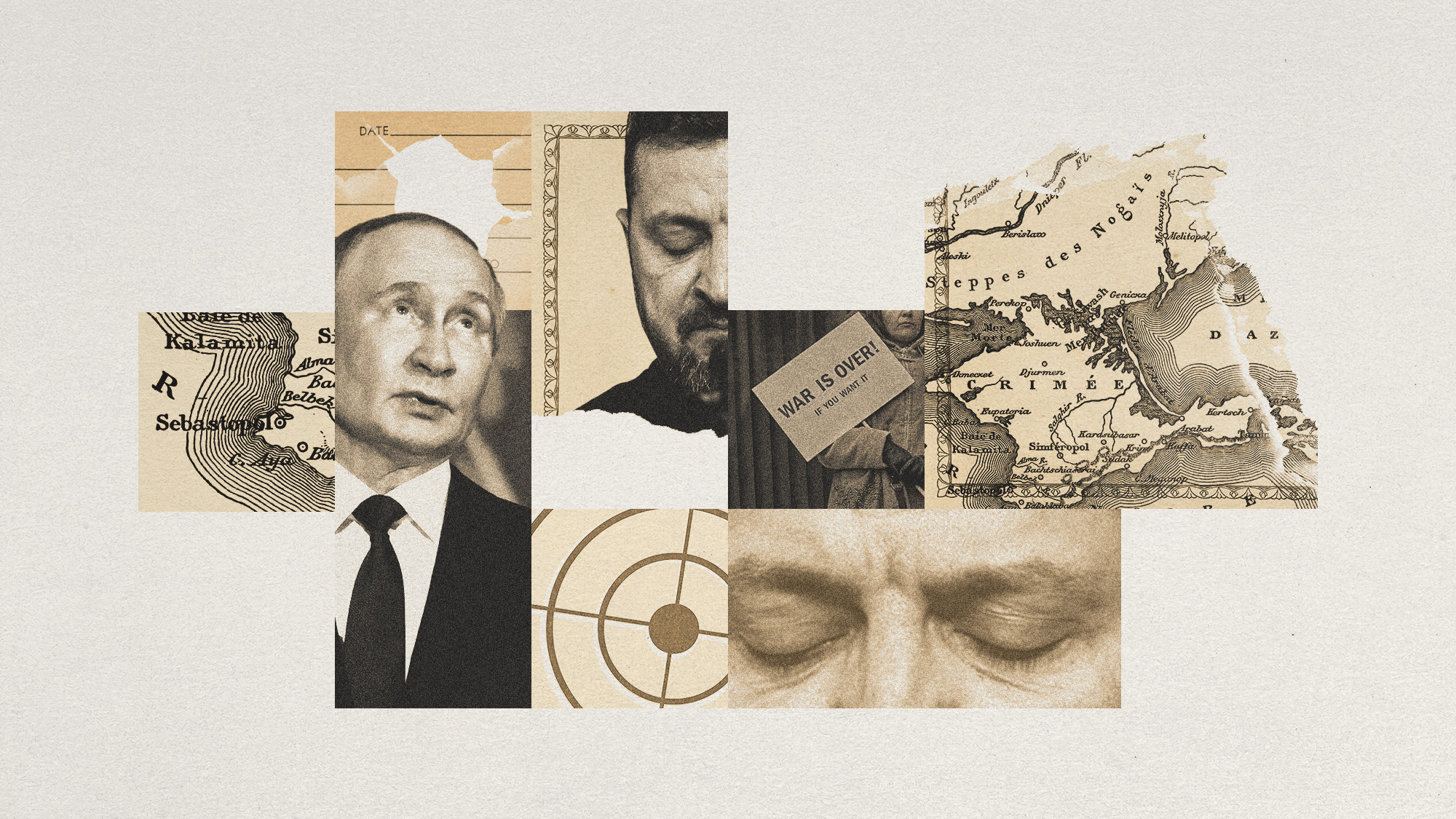
Peace talks to end the war between Russia and Ukraine may have hit a sticking point: Crimea. The future of the region is at the center of President Donald Trump's peace plan for the two nations, but that approach may be strategically challenging.
Before the Russia-Ukraine war broke out, Russia seized the peninsula from Ukraine in 2014, and Trump says Crimea should "stay with Russia" as part of any peace settlement. But Ukrainian leader Volodymyr Zelenskyy said he has no power to give up Crimea to the Russians. "There's nothing to talk about here," he said.
Crimea's location on the Black Sea "makes it a strategically important asset" that Russia has sought to control for centuries, said The Associated Press. For both sides, the peninsula allows control over a "critical corridor for the world's grain, among other goods" through the sea. Ukraine's constitution recognizes Crimea as an "integral part of the country," said The Guardian. The only way Kyiv could legally cede the territory to Russia "would be to put the issue to the public in a referendum."
The Week
Escape your echo chamber. Get the facts behind the news, plus analysis from multiple perspectives.

Sign up for The Week's Free Newsletters
From our morning news briefing to a weekly Good News Newsletter, get the best of The Week delivered directly to your inbox.
From our morning news briefing to a weekly Good News Newsletter, get the best of The Week delivered directly to your inbox.
What did the commentators say?
Trump's demand that Ukraine recognize Russia's control of Crimea "makes a mockery" of the peace process, said the Financial Times. That recognition would represent the "first forcible annexation of territory in Europe since 1945," and "embolden tyrants elsewhere to violate borders." Taiwan, in particular, would be vulnerable. That would be the result of the "incompetence and cynicism" of the Trump administration as it "scrambles to land a settlement at any price."
"Ukraine and Europe can't afford to refuse Trump's peace plan," said Responsible Statecraft. The acceptance of Russia's control of Crimea "really constitutes a major concession" by Kyiv. But there may not be much choice. "If U.S. aid is withdrawn," Ukraine's ability to defend itself against a Russian breakthrough "would be greatly reduced." Trump's plan would leave much of Ukraine independent, but rejecting it "can only promise Ukraine greater defeat."
What next?
Trump's proposal "would tear down a decades-old pillar of the global order," said CNN. White House recognition of Crimea as part of Russia would be a breach of the 1994 Budapest Memorandum, in which the U.S. persuaded Ukraine to give up nuclear weapons in exchange for a "commitment to respect Ukraine's sovereignty and borders." It would also reverse the Trump administration's 2018 promise to refuse to recognize Moscow's claim on the peninsula. American recognition "creates a further rift between Europe and the U.S., and within NATO," said Carla Ferstman, a law professor at Essex University in England, to CNN.
The White House says Trump's peace proposal is his "final offer," said Axios. The U.S. is "ready to walk away if the parties don't make a deal soon." Some influential Ukrainians may be ready to give up territory to make that deal. "It's not fair," said Kyiv mayor Vitali Klitschko Friday, "but for the peace, temporary peace, maybe it can be a solution."
A free daily email with the biggest news stories of the day – and the best features from TheWeek.com
Joel Mathis is a writer with 30 years of newspaper and online journalism experience. His work also regularly appears in National Geographic and The Kansas City Star. His awards include best online commentary at the Online News Association and (twice) at the City and Regional Magazine Association.
-
 The ultimate films of 2025 by genre
The ultimate films of 2025 by genreThe Week Recommends From comedies to thrillers, documentaries to animations, 2025 featured some unforgettable film moments
-
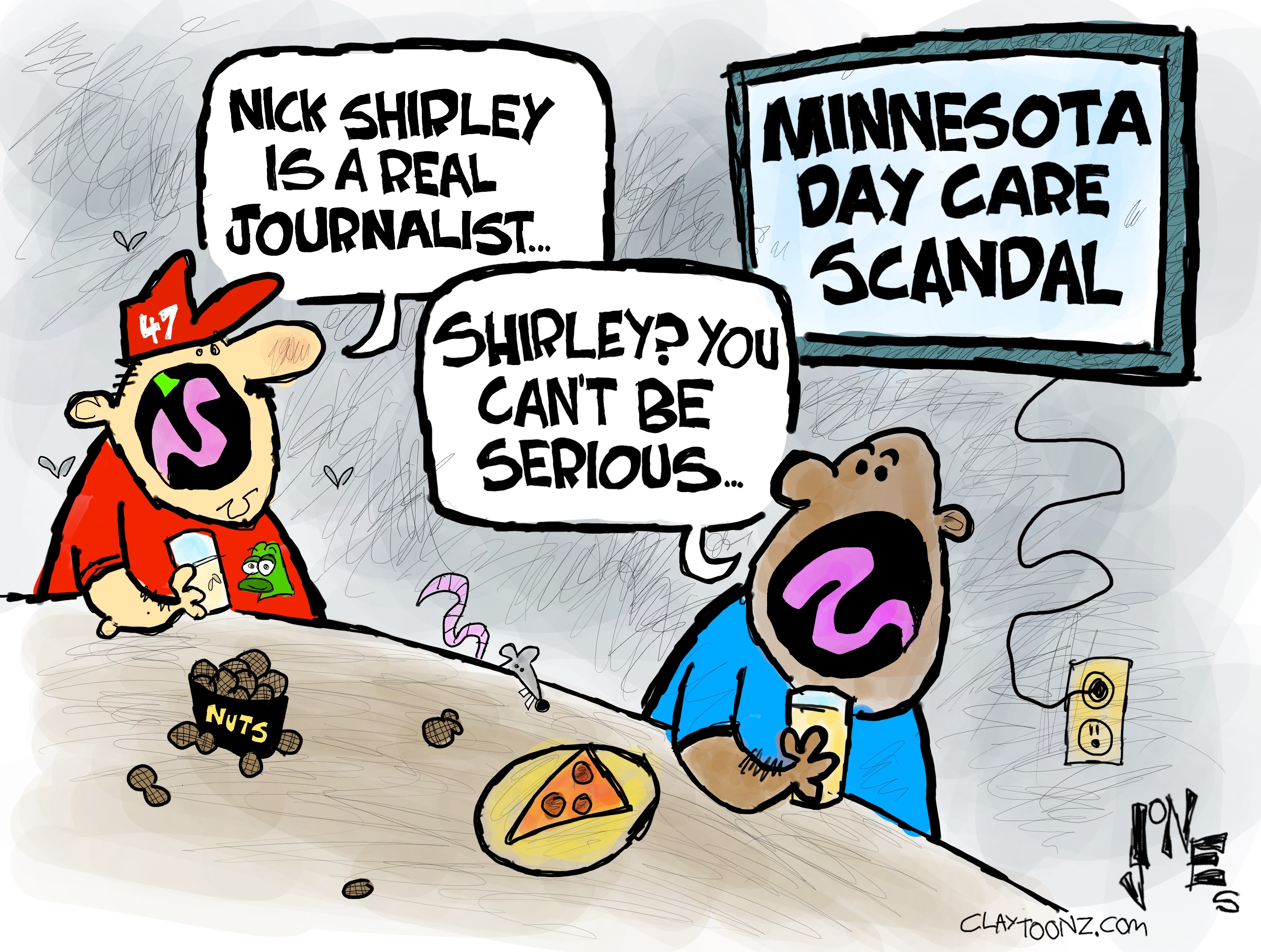 Political cartoons for January 3
Political cartoons for January 3Cartoons Saturday's political cartoons include citizen journalists, self-reflective AI, and Donald Trump's transparency
-
 Into the Woods: a ‘hypnotic’ production
Into the Woods: a ‘hypnotic’ productionThe Week Recommends Jordan Fein’s revival of the much-loved Stephen Sondheim musical is ‘sharp, propulsive and often very funny’
-
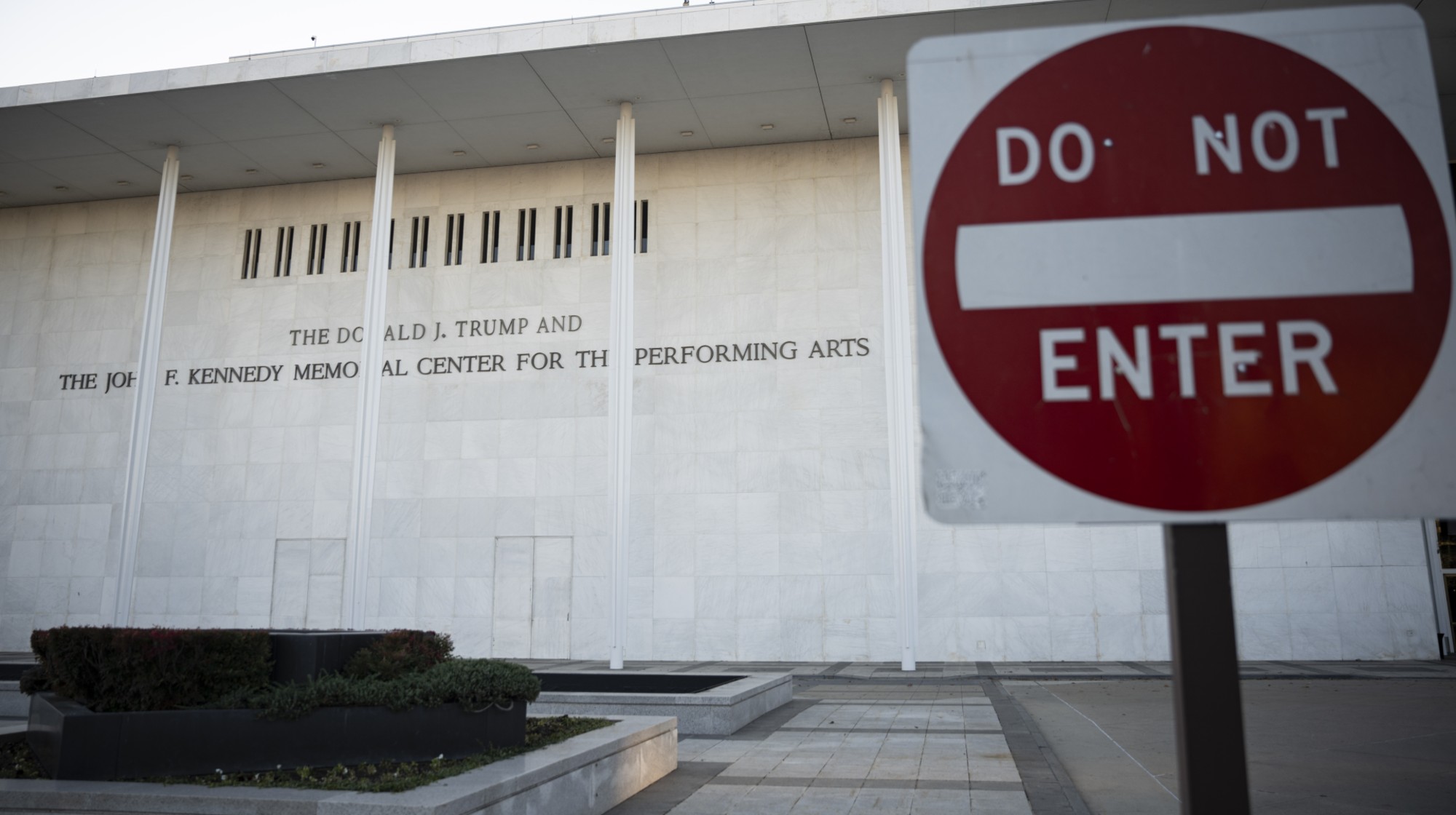 Wave of cancellations prompts Kennedy Center turmoil
Wave of cancellations prompts Kennedy Center turmoilIN THE SPOTLIGHT Accusations and allegations fly as artists begin backing off their regularly scheduled appearances
-
 Trump considers giving Ukraine a security guarantee
Trump considers giving Ukraine a security guaranteeTalking Points Zelenskyy says it is a requirement for peace. Will Putin go along?
-
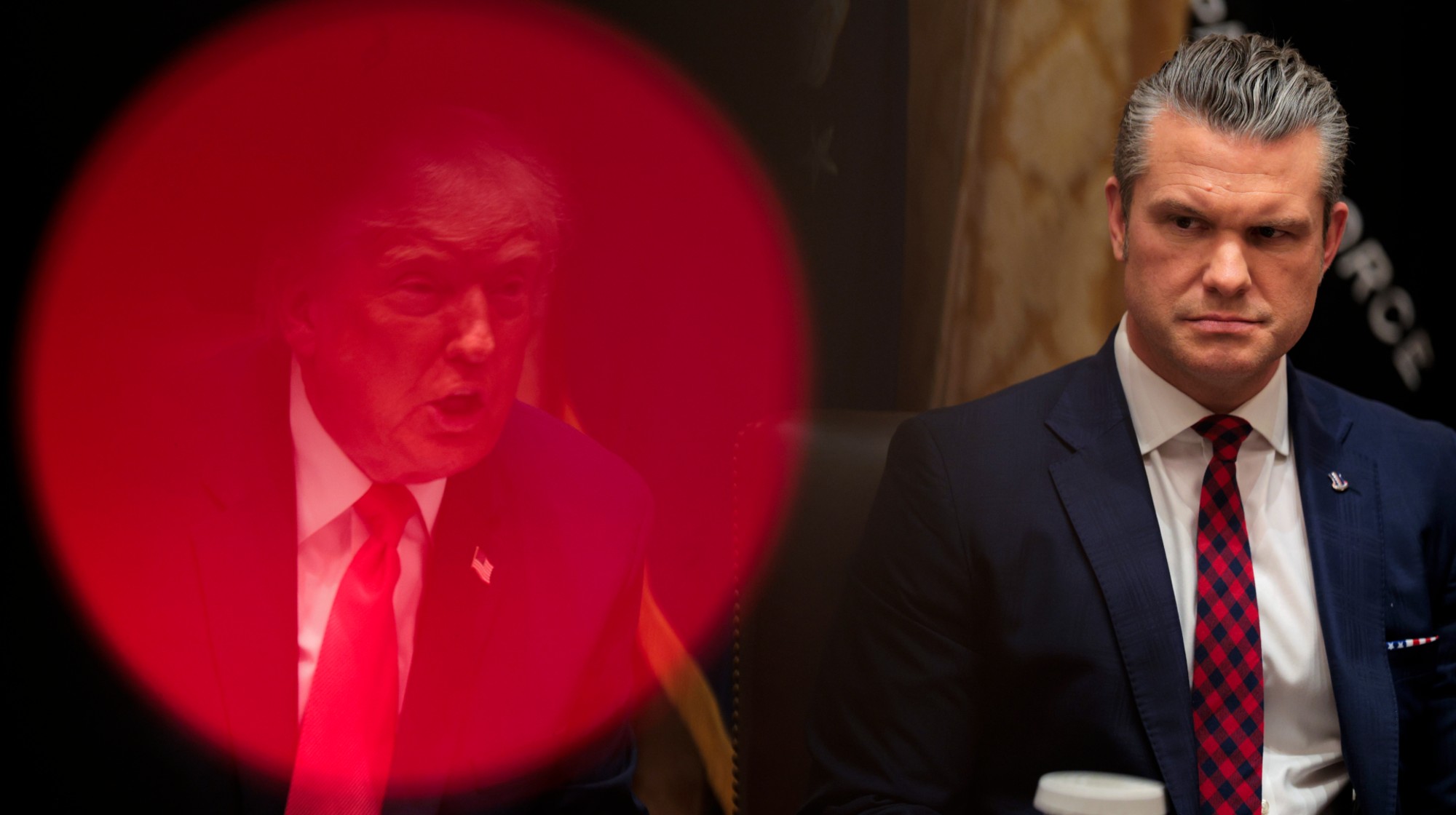 Why is Trump’s alleged strike on Venezuela shrouded in so much secrecy?
Why is Trump’s alleged strike on Venezuela shrouded in so much secrecy?TODAY'S BIG QUESTION Trump’s comments have raised more questions than answers about what his administration is doing in the Southern Hemisphere
-
 Vance’s ‘next move will reveal whether the conservative movement can move past Trump’
Vance’s ‘next move will reveal whether the conservative movement can move past Trump’Instant Opinion Opinion, comment and editorials of the day
-
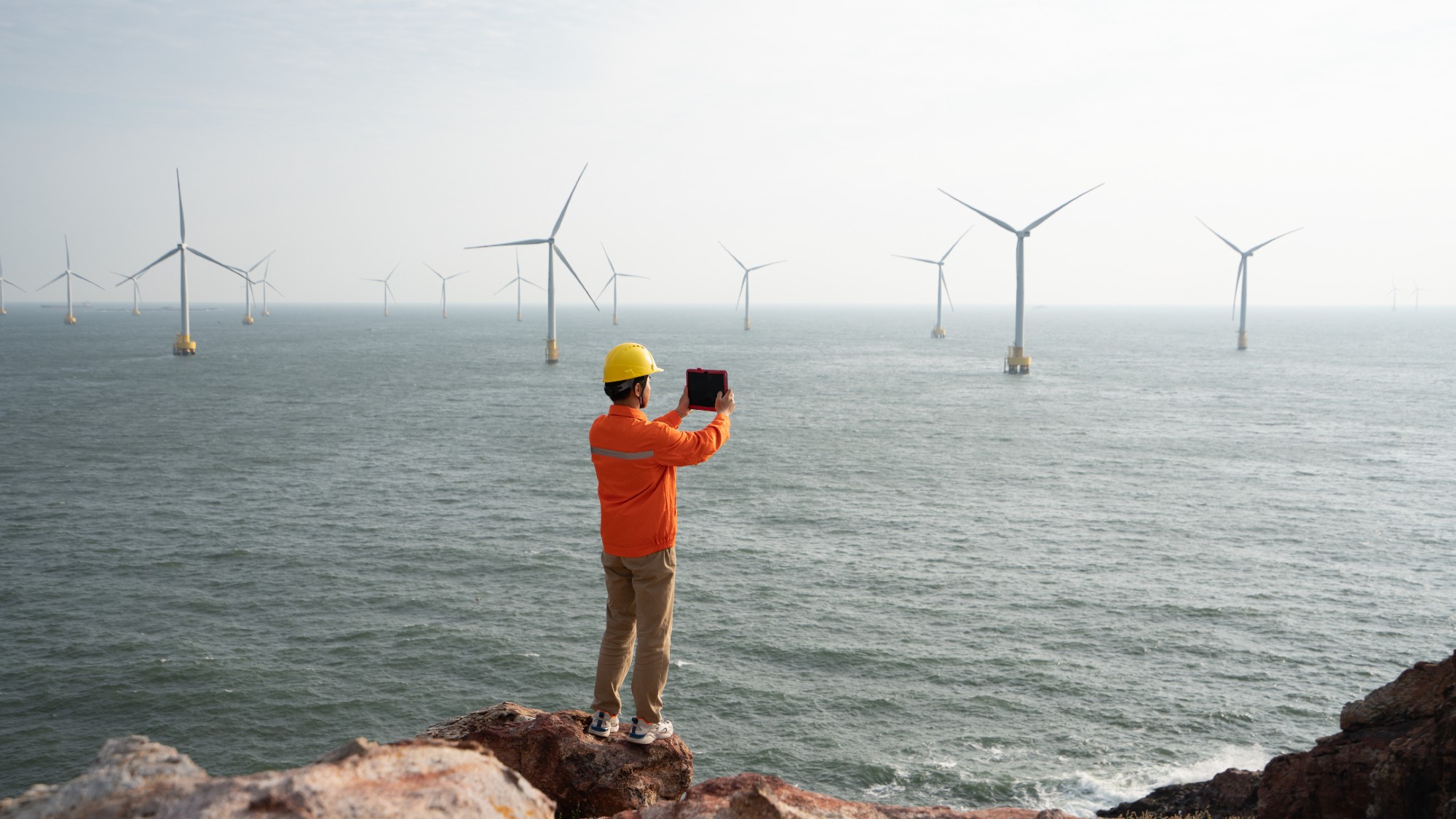 Why is Trump killing off clean energy?
Why is Trump killing off clean energy?Today's Big Question The president halts offshore wind farm construction
-
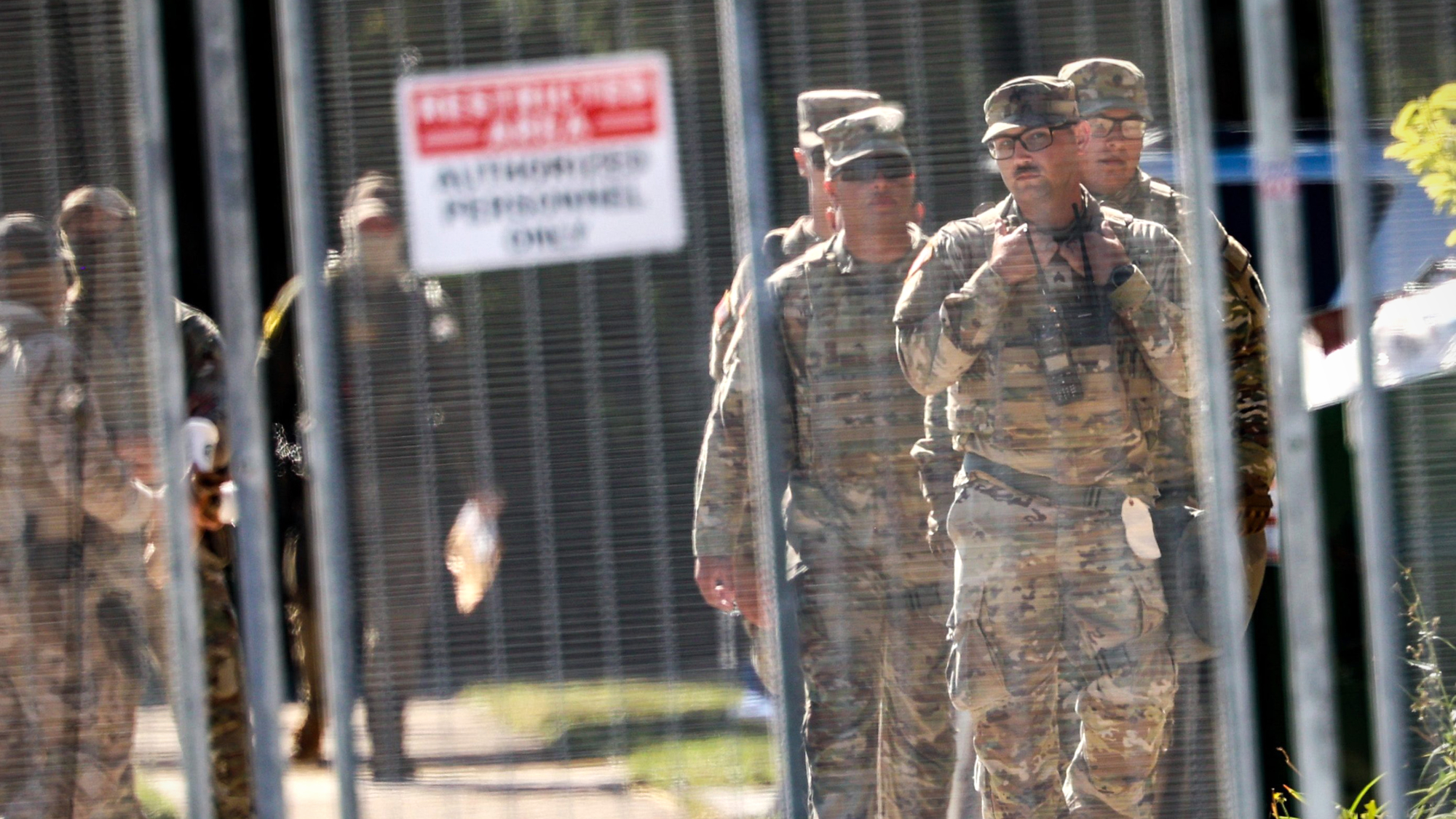 Supreme Court bars Trump’s military use in Chicago
Supreme Court bars Trump’s military use in ChicagoSpeed Read
-
 Trump unveils new ‘Trump class’ US warships
Trump unveils new ‘Trump class’ US warshipsSpeed Read
-
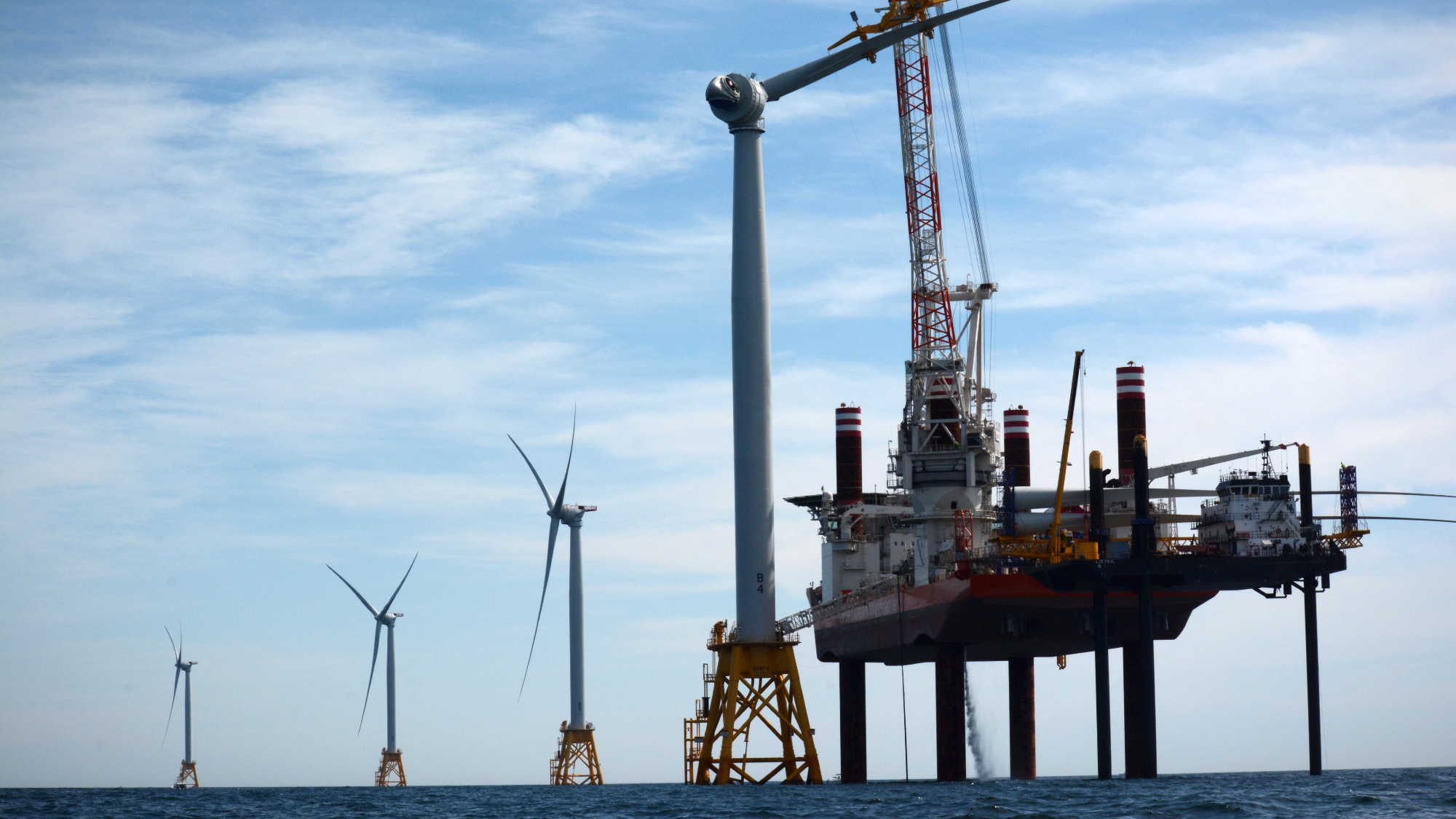 Trump halts wind power projects, citing ‘security’
Trump halts wind power projects, citing ‘security’Speed Read
